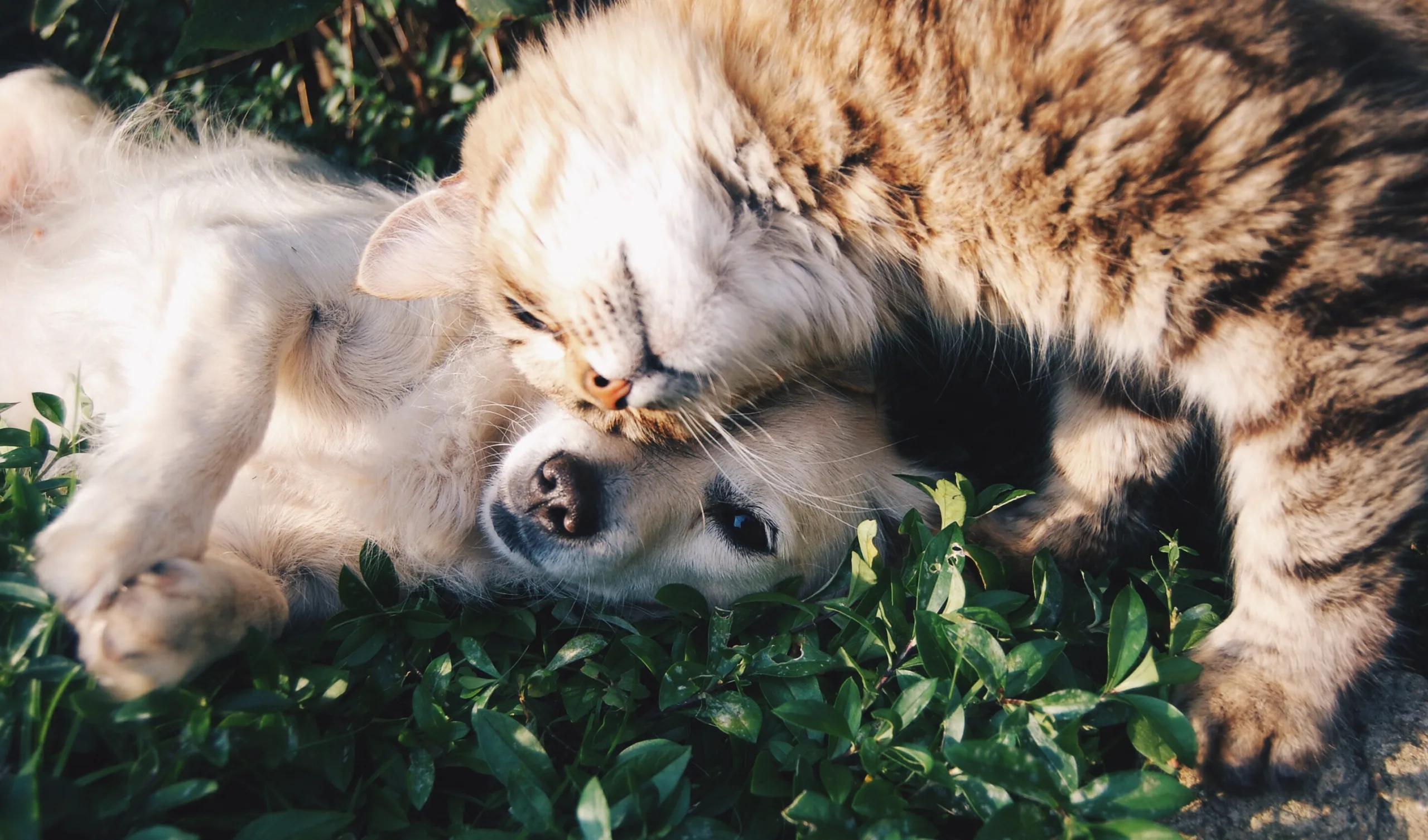For centuries, the behavior of cats and dogs munching on grass has puzzled and intrigued pet owners. Whether it’s a dog eagerly chomping on a tuft of grass during a walk or a cat delicately nibbling on the green blades in your backyard, this behavior is not uncommon. While it might seem unusual, the act of eating grass is a natural behavior that has left pet owners wondering about its meaning. In this article, we delve into the reasons behind why cats and dogs eat grass, shedding light on this curious behavior.
For more about cats click here
The Verdant Temptation: A Look into the Behavior
While eating grass might raise eyebrows, it’s important to note that this behavior is relatively common among both cats and dogs. Understanding the reasons behind it can provide insights into the natural instincts and behaviors of our furry companions.
Why Do Cats Eat Grass?
- Digestive Aid: One of the primary reasons cats eat grass is to aid their digestion. Grass acts as a natural emetic, meaning it induces vomiting. By consuming grass, cats can trigger vomiting to expel any indigestible materials, fur, or irritants from their stomach.
- Nutritional Supplementation: Grass also provides some nutrients that may be lacking in a cat’s diet, such as folic acid. Cats are obligate carnivores, and in the wild, their prey’s stomach often contains partially digested plant matter, which can supplement their nutritional needs.
- Natural Instinct: Cats are hunters by nature, and in the wild, their prey might consume plants. Eating grass could be a way for domestic cats to mimic their wild counterparts’ behavior.
- Soothing Irritation: Cats may eat grass to soothe an upset stomach or discomfort caused by hairballs. The grass fibers can provide a soothing effect as they pass through the digestive system.
Why Do Dogs Eat Grass?
- Digestive Instinct: Similar to cats, dogs might eat grass to help themselves vomit. In some cases, dogs eat grass when they have an upset stomach, and the act of vomiting can relieve their discomfort.
- Natural Behavior: Dogs are descendants of wolves, which are known to consume prey animals that might have consumed plant matter. Eating grass could be a vestige of their ancestors’ behavior.
- Boredom or Exploration: Dogs are curious animals, and eating grass might be a form of exploration or a way to alleviate boredom. Grass provides a sensory experience that engages their senses.
- Dietary Supplementation: Grass might offer dogs some trace nutrients that are missing from their diet. Just like with cats, grass consumption could be a way for dogs to supplement their nutritional needs.
Addressing Concerns and FAQs
Q1: What does it mean when cats and dogs eat grass? Cats and dogs might eat grass for various reasons, including aiding digestion, seeking nutritional supplementation, mimicking natural behavior, and relieving discomfort.
Q2: Is it OK to let my dog keep eating grass? In general, occasional grass consumption is not harmful to dogs. However, if you notice excessive grass eating or signs of discomfort, it’s advisable to consult a veterinarian.
Q3: Should you let your cat eat grass? Allowing your cat to eat grass in moderation is generally considered safe. However, if your cat consumes large amounts of grass or shows signs of distress, consult a veterinarian.
Q4: Do cats eat grass to clean their stomach? Yes, one of the reasons cats eat grass is to induce vomiting and help clear their stomach of indigestible materials, fur, or irritants.
Q5: Do indoor cats eat grass? Indoor cats may exhibit the same behavior due to their natural instincts. Some pet owners provide indoor cats with safe, non-toxic grass alternatives to satisfy their urge to consume greens.
In conclusion, the behavior of cats and dogs eating grass is a natural and intriguing aspect of their lives. While the exact reasons behind this behavior might vary, it’s essential to monitor your pet’s grass consumption and consult a veterinarian if you have concerns about their health or well-being. Just as with any behavior, understanding and accommodating your pet’s instincts can help foster a harmonious relationship between you and your furry companion.
Click here for more
